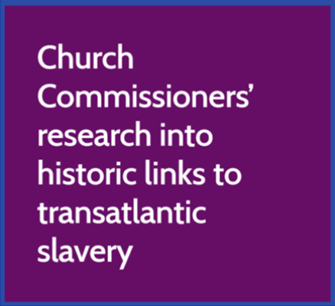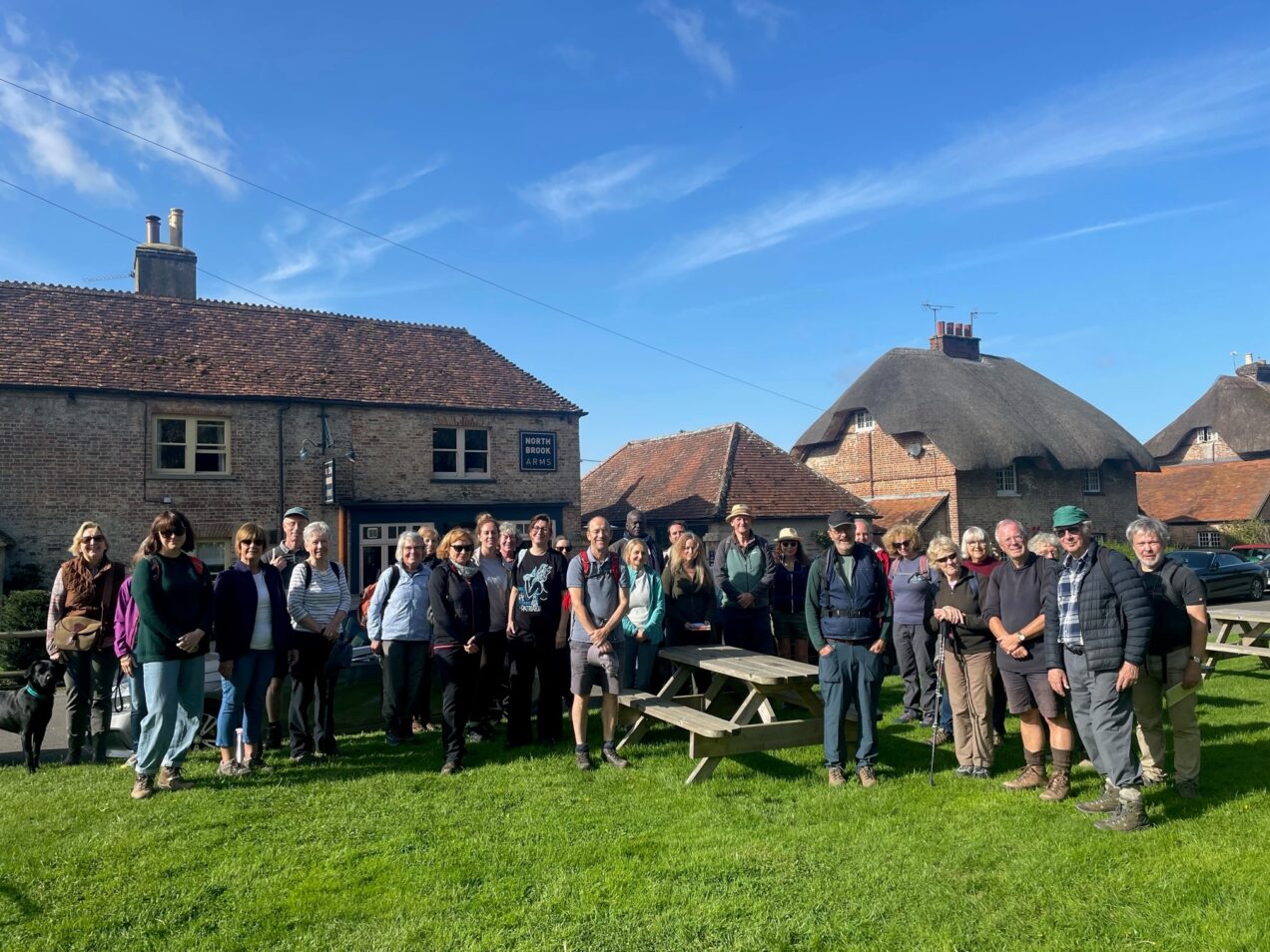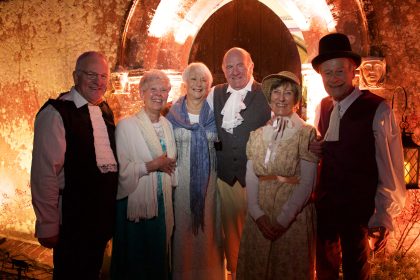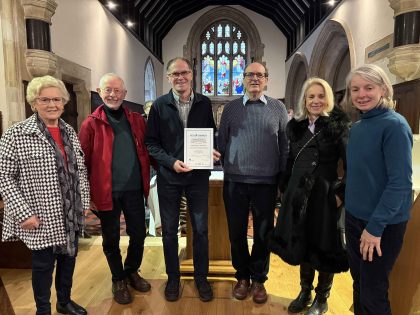On Friday 29th September, Winchester Cathedral organised a guided walk which shed light on Hampshire’s historic links to the transatlantic slave trade.
Led by Professor Corinne Fowler, Professor of Colonialism and Heritage at the University of Leicester, the route started in East Stratton village, just outside Winchester, and passed through villages and across fields to reach estates owned by Sir Francis Baring, founder of Barings Bank. The walkers learned how, like many financial institutions at the time, Barings Bank was connected to the slave trade through its investments in the early 19th century and its many creditors who were plantation owners. In 1803, his son Sir Alexander Baring negotiated and financed the Louisiana Purchase, the world’s largest ever land sale which allowed the slavery system to develop in the Deep South. By 1833, a quarter of the income from Barings Bank came from cotton produced by enslaved people in the Deep South.


They were also joined by Dr Ibrahima Seck, Director of Research at the Whitney Plantation Slavery Museum in Wallace, Louisiana, who had travelled to the UK to learn more about Professor Fowler’s research. He shared his work in identifying the link between Senegal, Louisiana and rural Hampshire, and the role of slavery in creating a geographical bond between these places, explaining how the injustice of slavery is still having repercussions on the people and landscapes of Senegal and Louisiana today.


Participants were then invited to the Wessex Learning Centre at Winchester Cathedral, where they were joined by Professor Robert Beckford who offered his reflections on the importance of events such as this walk in bringing new perspectives and understanding to the legacy of slavery. He stressed the importance of dialogue and possessing the moral courage to engage with difficult and honest conversations about the past, using a process in which we move from a state of truth-awareness to truth-telling, to reconciliation and, ultimately, to redemption – a process whereby, despite the difficulty, we increase our understanding of history and share our understanding with others, we are then better able to move forward together. The discussion was followed by Q&A.
“We learned that there is no official monument or memorial in this country to the transatlantic slave trade. Yet, if we look closely, and when we hear different perspectives on history, we can see evidence in the British landscape, in our great buildings and villages, of the effect of fortunes made from the slave trade.”
Dean of Winchester, Catherine Ogle

The Church Commissioners for England has learned of its links with transatlantic slavery through its historic investments and is seeking to address this legacy, and in doing so they would like to gather thoughts and feedback from around the Church of England. Click here to fill in an online questionnaire.
WATCH THE FILM ‘AFTER THE FLOOD’ – a documentary addressing the historical neglect in understanding slavery in British Christian history and exploring biblical principles for racial reconciliation.




